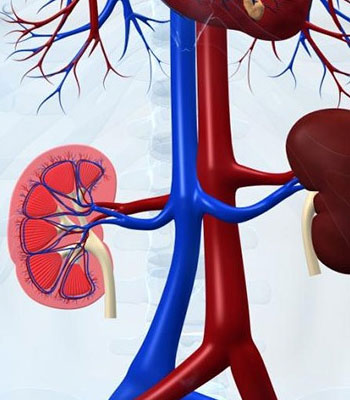Urology and Nephrology are two closely related branches of medical science that focus on the intricate workings of the urinary system. While they share some common ground, each field has its unique scope and specialties. In this guide, we'll delve into the realms of Urology and Nephrology to shed light on their significance, key differences, and the vital role they play in maintaining our overall health.
what is Urology ?
Urology is the branch of medicine that deals with the diagnosis and treatment of disorders related to the urinary system. This system comprises the kidneys, bladder, ureters, and urethra. Urologists are specialized physicians who address a wide range of conditions, including kidney stones, urinary tract infections, prostate issues, and cancers affecting the urinary organs. They employ various diagnostic tools such as imaging studies, laboratory tests, and endoscopic procedures to identify and treat these disorders effectively.
Exploring Nephrology
On the other hand, Nephrology is the branch of medicine focused specifically on the kidneys. Nephrologists are specialists who diagnose and manage conditions affecting these vital organs. Kidneys play a crucial role in filtering blood, removing waste products, and maintaining a proper balance of electrolytes. Nephrologists deal with disorders like chronic kidney disease, kidney failure, electrolyte imbalances, and hypertension. Their expertise lies in managing conditions that impact kidney function through medication, lifestyle modifications, and, in severe cases, dialysis or kidney transplantation
Key Differences
While both Urology and Nephrology deal with aspects of the urinary system, they differ in their primary areas of focus. Urologists primarily handle surgical interventions related to the urinary tract, including procedures like prostate surgery, kidney stone removal, and bladder surgeries. In contrast, Nephrologists are more focused on medical management, often utilizing medications and lifestyle adjustments to address kidney-related issues.
Collaboration between Urology and Nephrology
In many cases, Urologists and Nephrologists collaborate to provide comprehensive care for patients. Conditions affecting the kidneys may have repercussions on the urinary tract and vice versa. This interdisciplinary approach ensures that patients receive well-rounded and effective treatment plans tailored to their specific needs.
In summary, Urology and Nephrology are integral branches of medicine, working hand in hand to address the complexities of the urinary system. Urologists specialize in surgical interventions for a broad range of urinary conditions, while Nephrologists focus on the medical management of kidney-related disorders. Together, these specialists play a vital role in maintaining the health and functionality of the urinary system, ultimately contributing to overall well-being. If you're facing any urological or nephrological concerns, seeking prompt medical attention from these specialized professionals is crucial for optimal care and recovery.







